GODAN Data Think Tank Working Groups
- Home
- Working Groups
Meet County DDTI Chapters
To expand the influence and reach of the Data Think Tank Agenda, the DDTI will establish CASSCOMs as the County DDTI chapters across all 47 counties. This decentralization approach enables stakeholders to tap into opportunities and scale their efforts within their respective counties of influence.
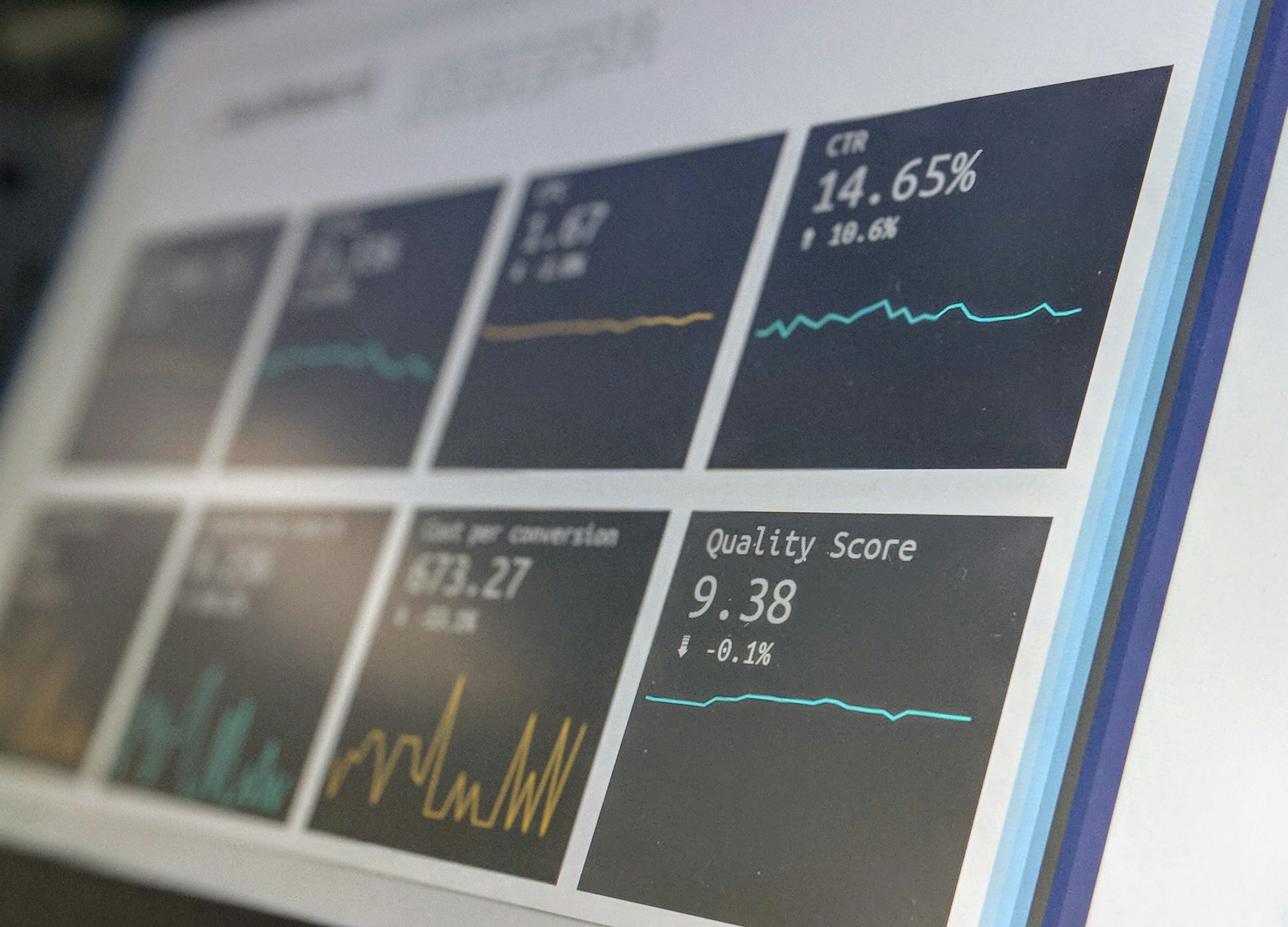
Lead : ICIPE and Africonverse
The Data Science and Machine Learning Working Group is vital for developing a customized training curriculum to meet agricultural sector needs. Collaborating with stakeholders, they aim to implement this curriculum, focusing on data sourcing for research and innovation. Establishing a Training of Trainers program at 1,450 FarmHubs is a key objective, enhancing these hubs as investment and aggregation points. They'll develop a data policy use case, centered on an online portal, to foster collaboration among scientists. Use cases sponsored by individual members will showcase practical applications of data science, empowering stakeholders for data-driven decision-making and innovation in agriculture.
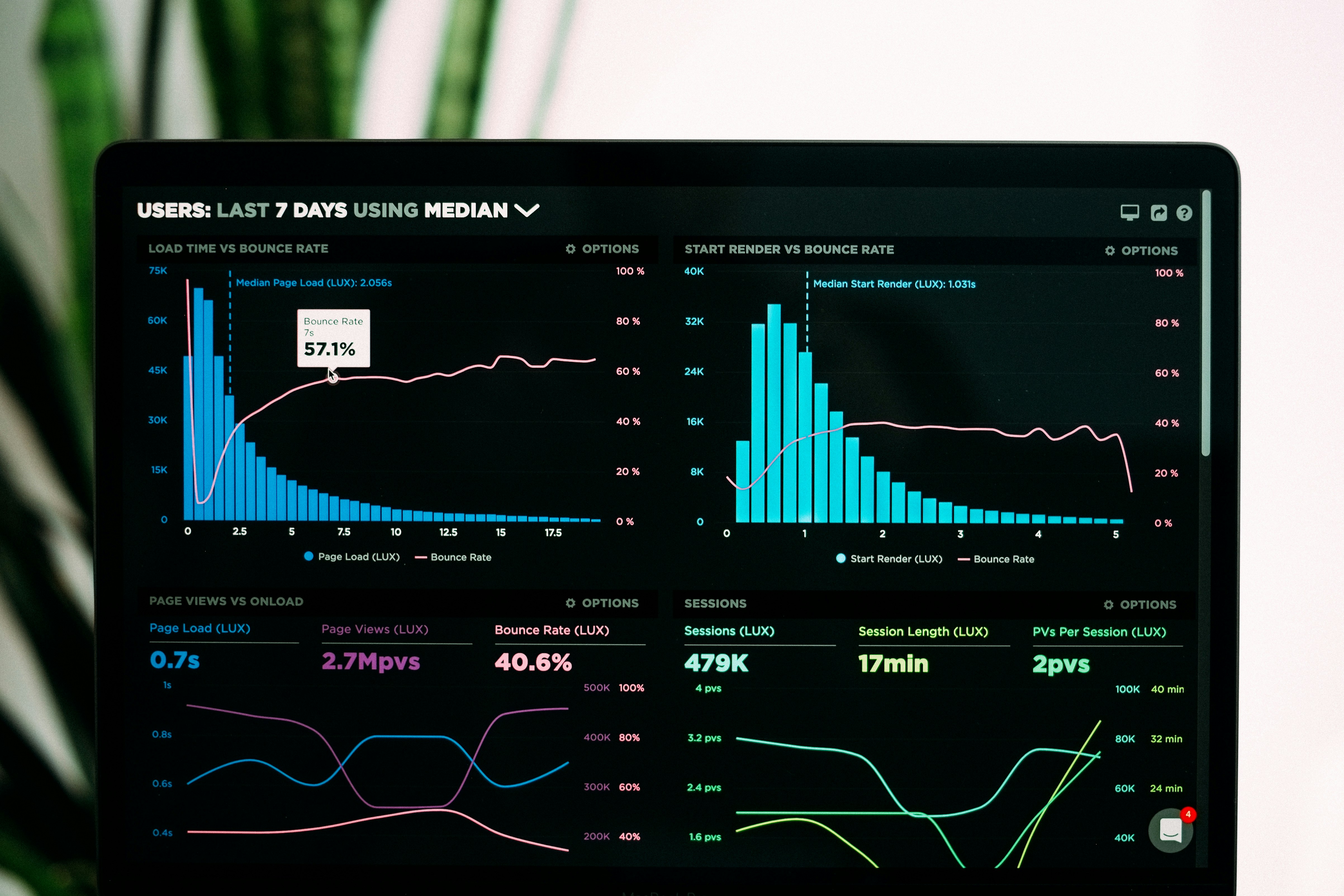
Lead : Konza Technopolis, KALRO, and New Core IoT
The Data Warehousing and Infrastructure Working Group, in collaboration with partners like Konza Technopolis and KALRO, aims to develop use cases for a secure data sharing framework, utilizing the Konza Cloud Infrastructure. They're establishing the Integrated Food Systems Operating System (iFoodSOS) to serve as a foundational data source and the National Food Systems Observatory Platform's core. Collaborating with the Data Research and Innovation team, they're creating a Precision Agriculture Center of Excellence, deploying IoT devices across Konza Technopolis and beyond. They integrate smallholder initiatives for digital solutions, facilitated by various Working Groups. Through sponsored use cases, they drive innovation in data warehousing and infrastructure, enhancing precision agriculture and food system efficiency.

Lead : Ministry of Education (MoE), CANDAI Centers of Excellence
The Health, Experiential Education, Agriculture, and Nutrition for Data Sourcing (HEEANDS) Working Group, in collaboration with the Ministry of Education and the GODAN Programme, targets malnutrition challenges by developing a learning curriculum emphasizing data-driven nutrition, aligned with clinician and dietician menus. They'll create experiential learning use cases in agriculture and nutrition, integrating GODAN and GAIN agendas. Partnering with affordable hardware platforms, they'll develop context-specific nutrition and gardening curricula with IoT and machine learning elements. Collaboration within the Data Think Tank Initiative will produce Competency-Based and TVET eLearning platforms, promoting data-driven innovative thinking in health, agriculture, and nutrition. Their goal is to empower learners to address malnutrition and contribute to research and innovation agendas.

Lead : Council of Governors (CoG)
The County Data Working Group, in collaboration with the Council of Governors and GP4CD's CANDAI initiative, supports the implementation of devolved agriculture under Schedule IV of Kenya's Constitution. Their focus is on enhancing food and nutrition initiatives through data sourcing. They'll integrate a governance model for agriculture across subnational governments. Leveraging existing infrastructure like MICT Hubs and FarmHubs, they'll utilize various data sources, including satellites and IoT devices, to promote good agricultural practices. By incorporating AI and ML, they aim to improve data-driven decision-making in food systems. Collaborating with county officials and the Kenya National Bureau of Statistics, they'll develop policies integrating grassroots-level inputs for sustainable food security.

Lead : University of Nairobi's CANDAI Centre of Excellence
The Universal Health and Nutrition Working Group, in collaboration with the University of Nairobi's GP4CD CANDAI, aims to enhance universal health delivery through capacity building and personalized therapeutic nutrition. They support the adoption of personalized therapeutic nutrition agendas, fostering experiential education programs in medical and nutrition courses. These programs align with the Ministry of Health's focus on non-communicable diseases (NCDs) and nutrition. CANDAI Chapters will adopt a data-driven approach to NCD interventions, in line with the HEEANDS agenda. They promote the role of dieticians in addressing NCDs and facilitate collaboration between agriculturalists, nutritionists, and clinicians. Use cases will be proposed by members, focusing on capacity building and continuous learning. Through data analytics, they aim to inform food-based interventions for improved health outcomes.

Lead : Kenya Space Agency, World Agroforestry Center
The Environment and Satellite Data Working Group, led by the Kenya Space Agency, World Agroforestry Center, and agriBORA, focuses on utilizing satellite data for grassroots development. They tailor data use cases for 1,450 ICT Hubs/FarmHubs, aligning with the Youth Led Advisory and Extension for Development (YouLead) program. Ensuring data accuracy, they support grassroots-level data sourcing frameworks, deploying infrastructure like drones and IoT devices. Emphasizing FAIR data governance principles, they integrate ICT Hubs, FarmHubs, and FoodFarmacies for an inclusive data ecosystem. By leveraging satellite data, they aim to provide insights for sustainable development, fostering informed decision-making at the grassroots level. Collaboration ensures effective utilization of geospatial data for environmental and agricultural purposes.

Lead : Rootoba,CASSCOM
The County Agricultural Sector Steering Committee (CASSCOM), with ROOTOBA, banks, and government partners, leverages data to facilitate financial intermediation in agriculture. Collaborating with GP4CD's SIIF agenda, they develop a data use case for a revolving fund, aiding FarmHubs and FoodFarmacies with low-interest sustainability investments. Working with CASSCOMs ensures investments generate local tax revenue and employment. They also create a Social Impact Investment Bond (SSIB) through County Assemblies, promoting investments in sustainable agriculture and local economic development. Through partnership, they aim to enhance financial access, encourage sustainable investments, and boost socioeconomic development in communities.

Lead : DRC-Kenya Chamber of Commerce
The Private Sector, Trade, and Capacity Building Data Working Group, led by the DRC-Kenya Chamber of Commerce, in collaboration with KRA and Ycenter, focuses on utilizing data to boost private sector growth, trade, and capacity building in agriculture. Their goal is to expand FarmHub/FoodHub dimensions to facilitate intra-African trade, leveraging data insights to identify trade opportunities. They'll develop blockchain-based use cases for tracing nationally branded products, aligning with Singapore's trade ecosystem. By integrating digital technologies and leveraging Personal Identification Numbers, they aim to improve revenue management for KRA. Through collaboration, they seek to drive private sector growth and enhance efficiency in revenue management, contributing to a competitive agricultural sector within the African Free Trade landscape.

Lead : CIAT/iShamba, LookUp TV
The Communication and Dissemination Working Group, led by GP4CD's CANDAI and CIAT/Shamba Shape Up, focuses on exchanging agricultural knowledge. They utilize a call center dimension supported by Shamba Shapeup, Viamo, and Africa’s Talking. Their objective is to develop a Chat GPT-aligned framework for content creation and online dissemination through GP4CD's eLearning platforms. With journalists from LookUp TV, they produce educational content tailored for diverse audiences. They organize data use case competitions to engage youth in agriculture, showcasing innovative practices. Collaboration with the eLearning Portal promotes interactive learning experiences. Through effective communication and dissemination strategies, the group aims to enhance awareness, knowledge sharing, and youth engagement in agriculture, fostering sustainable development.

Lead : International Fund for Agricultural Development (IFAD)
The Government’s Development Partners Programmes Working Group, led by IFAD, collaborates with other partners to align funding paradigms with the ASTGS. They aim to integrate data-driven project management milestones, aligning efforts with ASTGS Flagship #8. Collaborating with tGODAN, they integrate principles from initiatives like MICT Smart Hubs and GP4CD FarmHub/FoodHub, promoting South-South data sourcing and government trading frameworks. Use cases will be developed, representing projects individual members can sponsor, fostering digital transformation and data-driven decision-making. Through collaboration and digital technologies, they aim to maximize the impact of government-supported programs, aligning with ASTGS objectives for sustainable development in the agricultural sector.
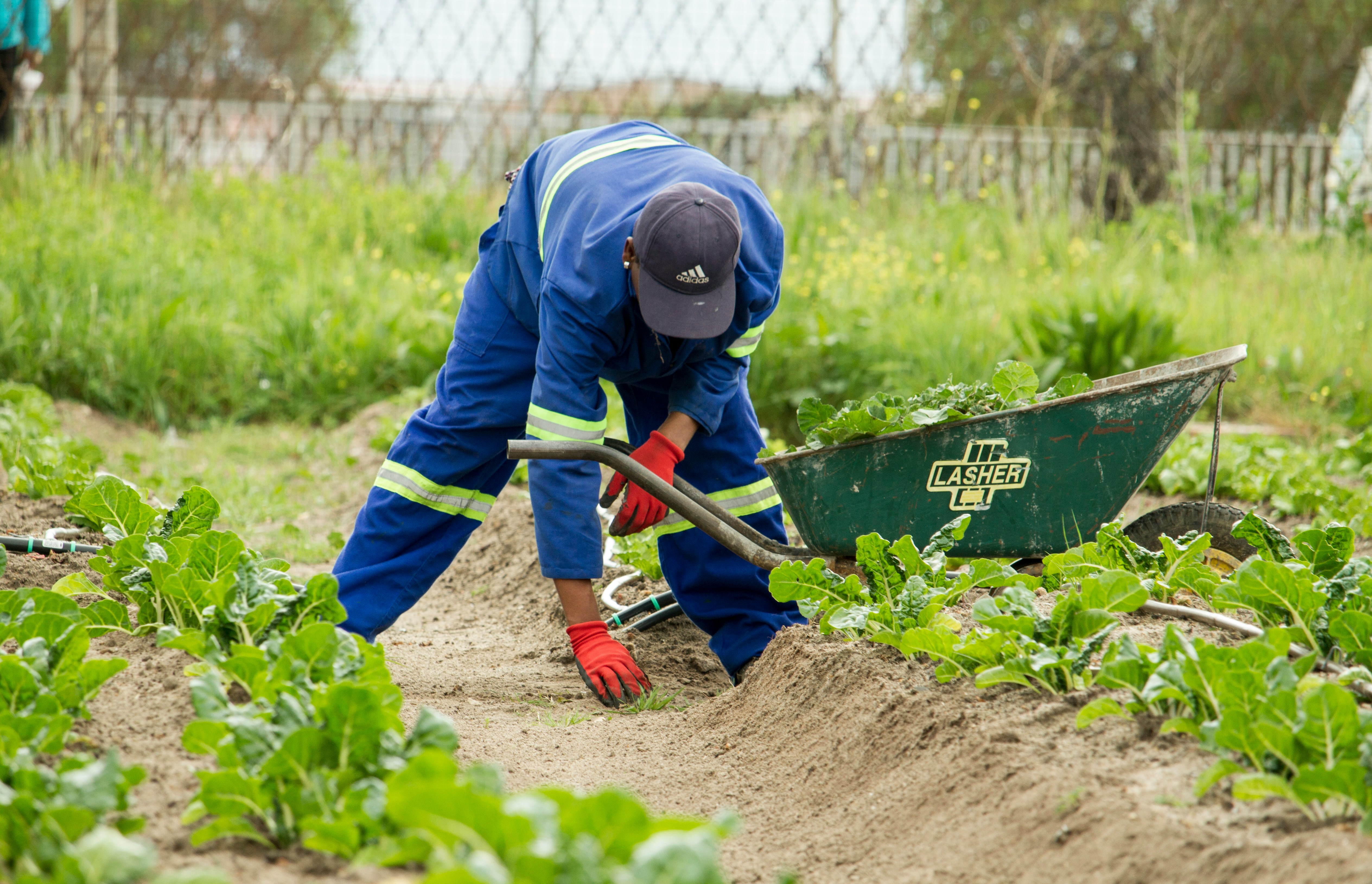
Lead : GODAN Programme for Capacity Development
The Farmer Organizations Working Group, collaborating with GP4CD, will develop data use cases to empower Farmer Organizations through capacity building. Utilizing the FarmHub data-sourcing dimension, efforts will focus on collecting data aligned with members' products. This enables self-assessment and improvement through tailored capacity-building frameworks. The Ministry of Cooperatives and SME will actively participate, developing data use cases supporting cooperative management. Integration with CASCCOMs will facilitate effective cooperative management, leveraging data for better decision-making. The group aims to enhance sustainability and resilience of Farmer Organizations through data-driven insights, member-centric approaches, and improved performance, contributing to agricultural sector growth and development.
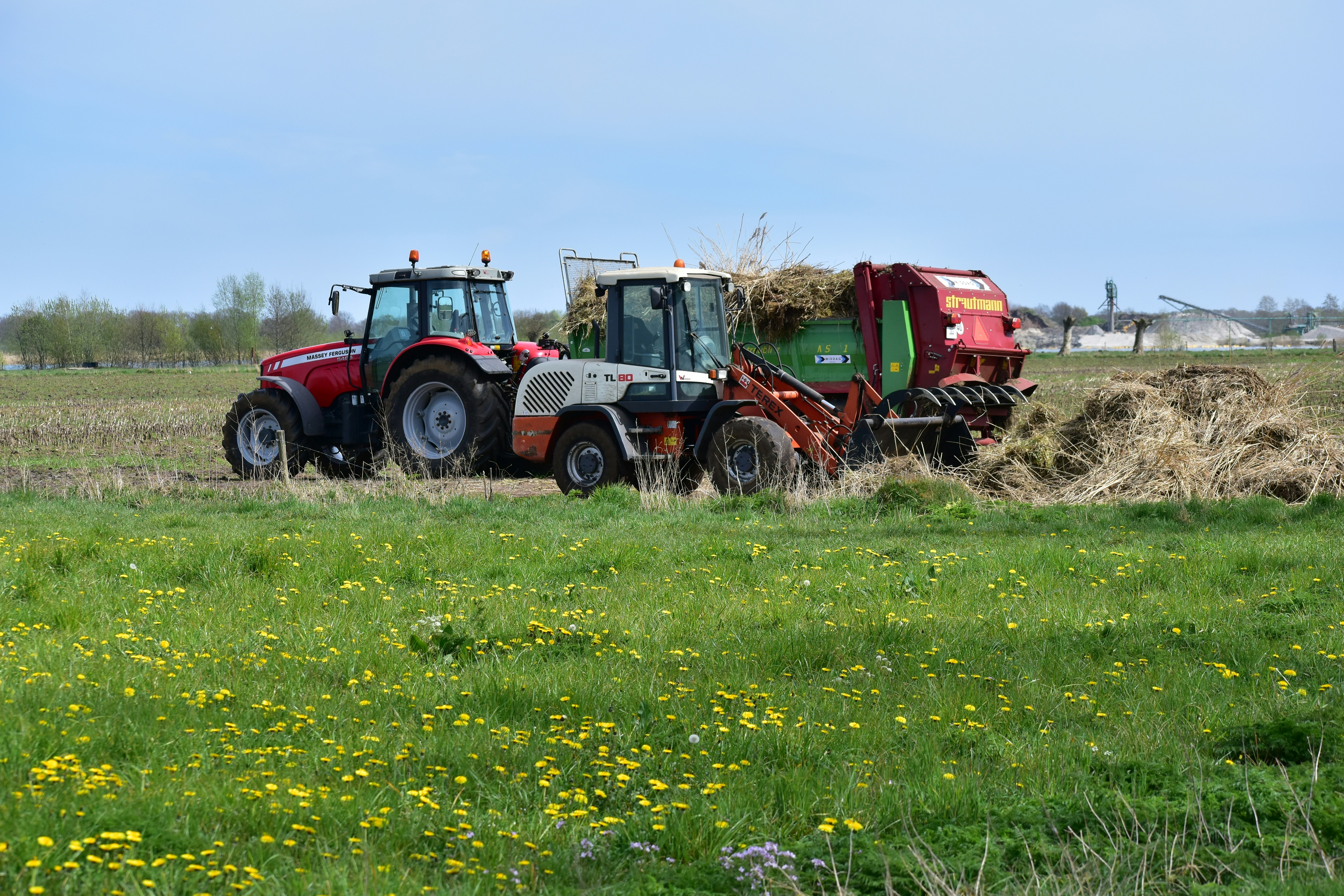
Lead : Ycenter Global and Shambah Solutions
The iFoodSOS platform, classified as a Working Group, fosters co-creation of data use cases for its Operating System (OS), foundational to various initiatives. Developed by Ycenter Global and Shambah Solutions with farmer input, it integrates data solutions for efficient farming actions and production estimations. iFoodSOS hosts applications for extension services and input supplies, serving as a central hub for data sourcing and delivery via Blockchain. Implementation involves GODAN's GP4CD, Octagon Data Systems, Vibranium ID, Digital Green, and others, with more stakeholders joining over time. Leveraging this platform aims to improve data-driven decision-making, optimize agriculture, and strengthen farmer-market connections.

Lead : GODAN Programme for Capacity Development
The Directorate of Research and Innovation (DRI) and Digital Transformation Committee (DTC) drive data-driven initiatives within the government, supported by departments and research teams. Use cases from the Kenya Unified Agriculture Development Programme (KUADP) serve as fallback measures if resources are limited. Members of the DTC Working Group propose and sponsor use cases aligned with their departments. The Ministry of Agriculture and Livestock (MoA&L) promotes partner involvement in the Unified Data Platform (KUADP), implemented by the Agricultural Transformation Office (ATO) and GIZ. KUADP aggregates data for informed decision-making, sourced from DTC sub-committees. Collaboration with stakeholders, including GODAN, contributes to data-driven policies for sustainable agricultural development in Kenya.
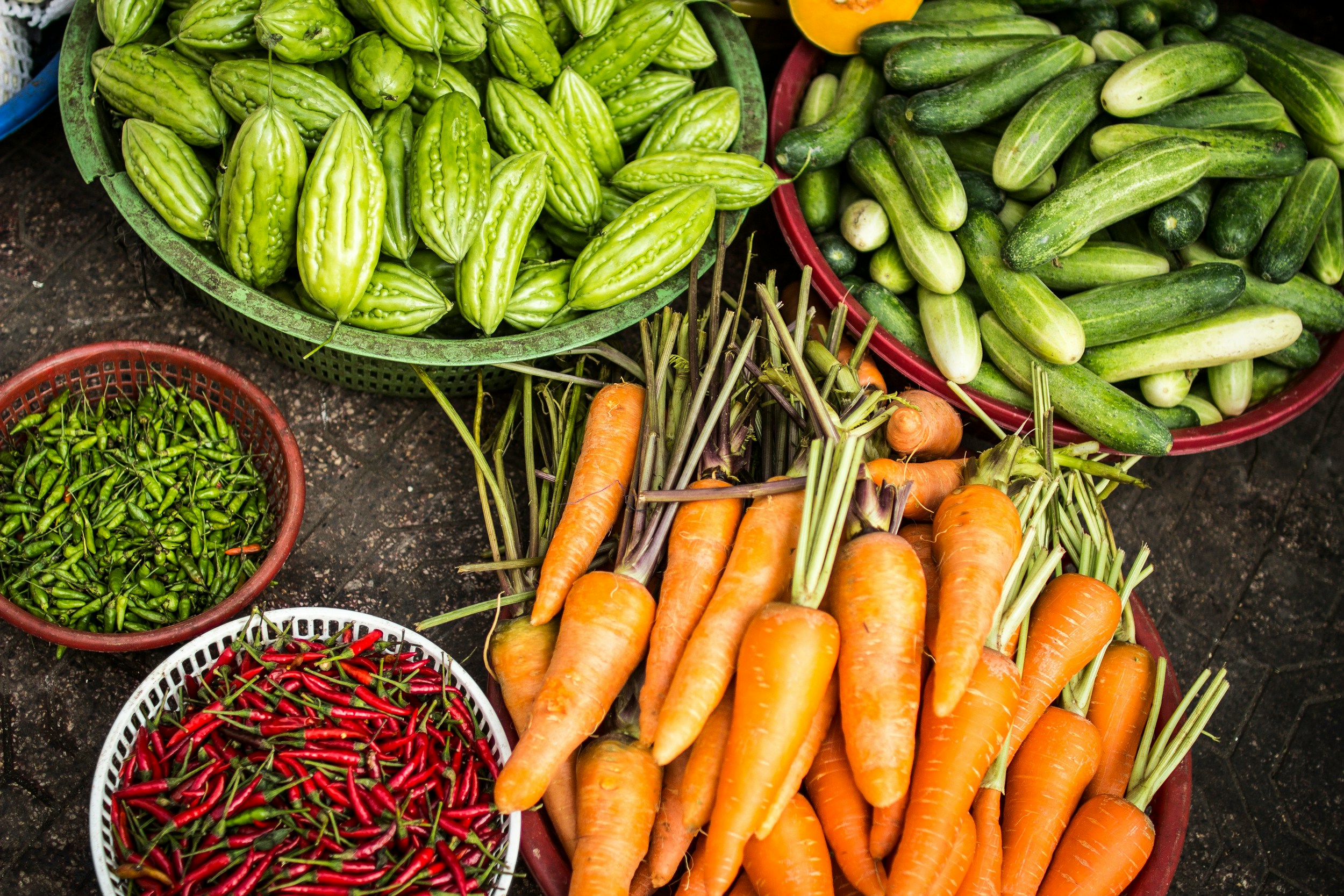
Lead : JASSCOM
The Joint Agricultural Sector Consultation and Coordination Mechanism (JASCCM) was established to facilitate cooperation between national and subnational governments in the agriculture sector. Its enforcement is overseen by the Joint Agricultural Sector Steering Committee (JASSCOM), which extends to the County level through the County Agriculture Sector Steering Committee (CASSCOM). Within the Data Think Tank Initiative (DTTI), the CASSCOM Working Group focuses on promoting knowledge management systems to facilitate multidisciplinary engagement in sectors like Health, Experiential Education, Agriculture, and Nutrition for Data Sourcing (HEEANDS). Its agenda includes establishing coordination structures, developing operational instruments, fostering collaboration between public and private institutions, and supporting relevant policy implementation across diverse counties.